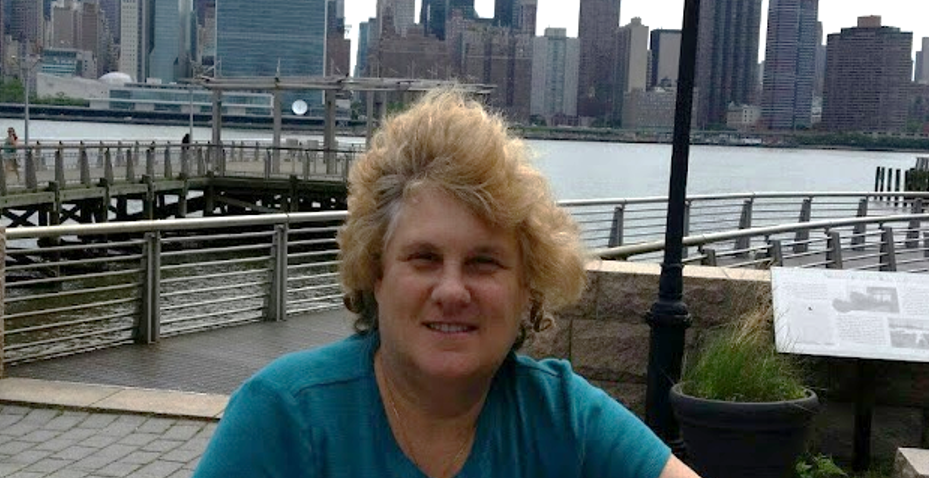After Three-Year Legal Battle With fi360, Don Trone Is Back With A New Designation For Investment Fiduciaries Hot
Write Review
“GFS represents the next generation of fiduciary training developed by Trone,” says a news release by 3ethos.
"The requirements for the new GFS™ designation will be much more rigorous than any other fiduciary designation, and will be based on an academic certificate awarded by one of the leading graduate schools in the world,’ Trone says in the release. “The identification of the academic institution will be announced shortly."
For Trone, the announcement marks a major comeback after a bitter legal battle with fi360, a company Trone founded in 1999 and then lost control of in July 2007. It’s a nasty episode that Trone has never talked about publicly until now.
“The story has never been told,” says Trone, 57. “Nor was I willing to tell the story because it is an ugly story and it could give ammunition to the fiduciary naysayers and have them saying, ‘look, even the fiduciary experts can’t get along.’”
Trone is abrasive and controversial but he’s a visionary in the wealth management profession.
In 1995, when Trone was working as an investment consultant at Callan Associates, McGraw-Hill published his book, “The Management Of Investment Decisions.” In the book, Trone laid out best practices to analyze a client's current position and potential and develop a reader-friendly investment policy statement. Trone’s approach to building portfolios for high-net-worth individuals would become the intellectual underpinning in the movement to create a fiduciary standard.
Trone in 2000 started the Foundation for Fiduciaries Studies, a not for profit entity that would educate and promote a fiduciary designation for private wealth advisors, including financial planners, 401(k) consultants and other financial advisors. In 1998, Trone had started two related for-profit companies, one to train investment fiduciaries and the other to provide technology systems to advisors.
By 2002, Trone’s Center for Fiduciary Studies (for-profit training company) and Foundation for Fiduciary Studies (not for profit advocacy group) became well known after the Department of Labor and Securities and Exchange Commission cited the foundation’s standards as best practices for fiduciaries. Trone’s was a leading voice in the effort to professionalize the financial advice services. Then things went awry.
Trone, to raise cash, in 2001 had taken an investment from what he calls “one of the wealthiest families in Pennsylvania.” As part of their arrangement, Trone agreed to name one of the members of the family chief financial officer of both of the for-profit entities. By mid-2007, however, Trone says friction suddenly began building up with his outside investors. At around that time, The Center of Fiduciary Services (for profit) was renamed fi360.
Trone says the family that had invested in fi360 were given three seats on the board of directors, but that he retained majority control of the shares in fi360 after taking the investment. “So I thought I was covered from a corporate governance standpoint,” says Trone.
In addition to the three board seats for his new investors, Trone says three board seats of the privately-held company were occupied by Trone and two individuals he invited onto the board, including Blaine Aikin, the current CEO of fi360.
“What the three family members did was go to Blaine Aikin and said ‘if you vote with us, we will make you CEO and push Don out,” Trone says. “And Blaine went for it.”
“And that was it,” says Trone. “I lost my company.” That was July 2007.
Trone says he has spent the last three and a half years in a legal entanglement with the family and management of the company he had founded.
Meanwhile, fi360 has grown and prospered and is now a leading voice in the fiduciary movement. (I will follow this post with a response from fi360.)
Trone says that while he was negotiating a settlement with fi360 over his role in the company and the use of its intellectual property—its training courses and best practices for fiduciaries—he was approached by the U.S. Coast Guard Academy to run its Institute for Leadership. A former Coast Guard helicopter pilot, Trone took that job for 18 months while continuing to negotiate a legal settlement with fi360.
“I took the position for two reasons,” says Trone. “I knew it would take a long time to get settlement with the outside shareholders and I was already beginning to look at link between leadership and the fiduciary standard. I decided to break from what I was doing and take a fresh start.”
Trone says the legal fight centered on intellectual property that Trone says belonged to his not-for-profit entity and was being used by fi360. The dispute centered on the Center For Fiduciary Excellence.
CFEX was an effort to create a certification for fiduciaries through the International Standards Organization, a global group for establishing standards in technology, services, manufacturing and all sort of disciplines.
The CFEX effort failed but Trone says fi360 bought the assets in that failed ISO effort. Trone says fi360 used ideas from the CFEX ISO standard effort to start to offer a new certification—also using the CFEX name.
Trone says fi360 did not publicly disclose it was connected with CFEX or the fact that its first incarnation had failed, which Trone felt was unethical. In addition, Trone says fi360 was using the CFEX intellectual property without permission from by Trone, who was still the controlling shareholder in fi360. He also alleged that fi360 was using the intellectual property developed by the Foundation for Fiduciary Studies (the not for profit) to support the CFEX designation.
Trone’s lawyers fired off a cease and desist order to management at fi360.
Trone says fi360 management responded with a federal lawsuit asking the court to award all of the intellectual property associated with the Foundation to fi360. Trone says fi360 had thought the Foundation lacked the money to defend itself in the lawsuit. “They figured the foundation was out of money,” says Trone, “but they were wrong.”
Trone says his saving grace came when the foundation’s errors and omissions insurance policy provided a $1 million legal defense fund.
“Once fi360 realized we had financial capacity to defend ourselves in the lawsuits, we all settled at the first opportunity for mediation,” says Trone.
The February 2011 settlement provided Trone with $1 million for his stock in fi360, which he used to pay off bills and fund his new venture for fiduciaries, 3ethos. Under the terms of the settlement, Trone says fi360 can continue to market its Accredited Investment Fiduciary designation and has rights to the intellectual property associated with the designation. But it also gives Trone rights to the fiduciary principals Trone laid out in his 1995 book and any new material he made subsequent to his separation from fi360.
“We are going to compete head to head with fi360,” says Trone.
This story was updated Sept 26 at 10:30 a.m. to correct a spelling error in Blaine Aikin's name.
This Website Is For Financial Professionals Only
User reviews
There are no user reviews for this listing.









